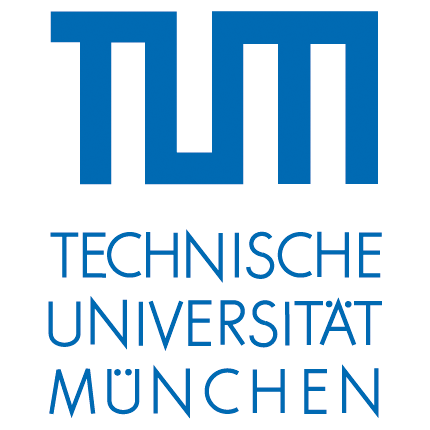
TUM features a strong, characteristic profile in the fields of Science and Engineering. Alongside the traditional key areas addressed by Technical Universities, the TUM School of Life Sciences Weihenstephan has built powerful competence in Life Sciences and Sustainable Land Use. The Institute of Forest Management from Technical University of Munich (TUM-IFM) will be a partner in NOBEL. IFM deals with all the different aspects of sustainability (ecology, economics and social concerns) on a larger spatial scale (beyond the stand level). IFM has built strong expertise in bio-economic modelling of continuous cover forestry, company level optimization under uncertainty, land-use modelling under single or multiple objectives and robust optimization. Aside from applications to German forestry, the developed models have been used to solve forest management problems in Slovakia, Slovenia, Austria, Chile, and South Africa. Land-use models have so far been applied to farm, regional, and national levels in Ecuador and Ethiopia, and this for single and multiple objective optimization problems.
Main tasks of TUM in NOBEL
Lead of WP3 | Methods and models to assess forest ecosystem services

© Eckert und Heddergott
Thomas Knoke (TUM, IFM) leads the IFM and explores sustainable use concepts for forest ecosystems. His particular interest lies in risk modeling and diversification strategy planning. Methodologies drawn from decision theory, operations research and modern finance theory are applied to forest science issues and land use problems in general. After studying forest science at Munich’s Ludwig Maximilian University, Prof. Knoke completed his doctorate in 1998. He did his lecturer qualification at TUM in 2003. In 2013 he was assigned to Professorship “Forstökonomie und Forstplanung” (W3), at Albert-Ludwigs-Universität Freiburg, which he declined. His research interests led him to the Institute for Commercial Forestry Research (South Africa), the Instituto Forestal (Chile) and the Chinese Academy of Forestry. He also traveled to Ecuador as a member of a multi-disciplinary research group. Prof. Knoke’s other activities include acting as a court expert, giving expert advice to forest owners and giving talks on international forestry investment.
Mengistie Kindu is a post-doctoral researcher at the Technical University of Munich. He is working in the field of Geo-informatics applications to Resource Management, with particular attention to a novel multidisciplinary perspective. He develops methodological frameworks to characterize the changes to Earth’s LULC and integrate remote sensing observations with model-based approaches to understand the impacts retrospectively and prospectively. To this end, he uses multispectral, hyperspectral, and field observations and process using remote sensing, GIS, and spatial modelling as the primary techniques. His research focuses on object based image analysis, big data analysis, land use/land cover change mapping, time series analysis, terrain analysis, machine learning, drivers of LULC changes, value chain mapping, land suitability and valuing ecosystem services. He has been actively involved in several research projects using the application of GIS and remote sensing, and has published widely.

